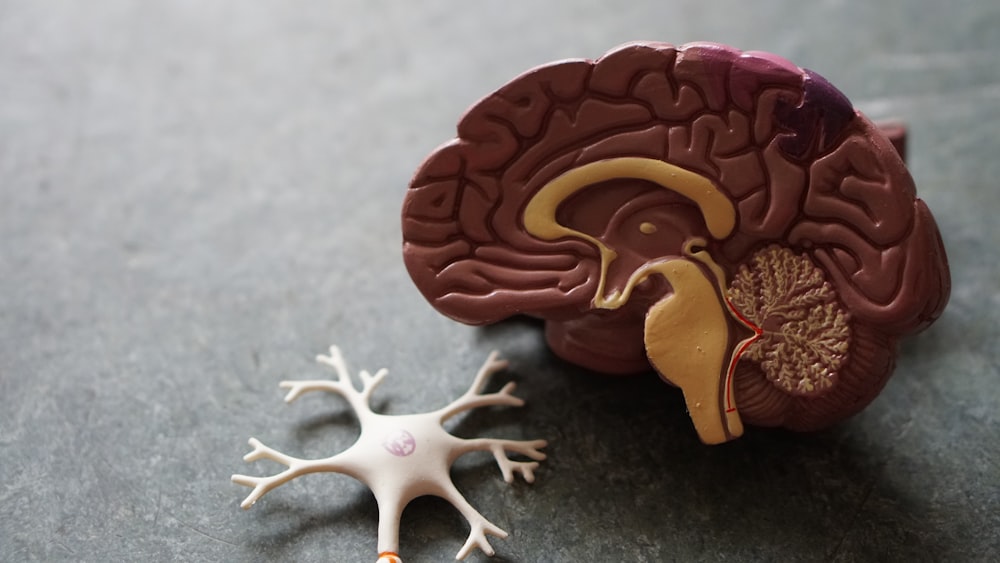Introduction
In today’s fast-paced world, prioritizing healthy eating is essential for adult health and well-being. Nourishing your body with nutrient-dense foods lays the foundation for vitality, longevity, and overall wellness. In this article, we’ll explore essential tips for adult health and healthy eating essentials.
Understanding Nutrient-Dense Foods
Nutrient-dense foods are those that provide a high amount of nutrients relative to their calorie content. These foods are rich in vitamins, minerals, antioxidants, and other essential nutrients that support overall health and well-being. Prioritize whole foods such as fruits, vegetables, whole grains, lean proteins, and healthy fats to fuel your body with the nutrients it needs to thrive.
Balancing Macronutrients
Balancing macronutrients—carbohydrates, proteins, and fats—is crucial for maintaining optimal health. Aim to include a balance of all three macronutrients in your meals to support energy levels, muscle growth, hormone production, and overall function. Focus on incorporating complex carbohydrates, lean proteins, and healthy fats into your diet for sustained energy and satiety.
Portion Control and Mindful Eating
Practicing portion control and mindful eating can help you maintain a healthy weight and prevent overeating. Pay attention to hunger and fullness cues, eat slowly, and savor each bite to enhance digestion and satisfaction. Use smaller plates and bowls, and be mindful of portion sizes to avoid excess calorie consumption.
Hydration for Health
Proper hydration is essential for overall health and well-being. Water plays a crucial role in regulating body temperature, supporting digestion, transporting nutrients, and flushing out toxins. Aim to drink at least 8 glasses of water per day, and adjust your intake based on factors such as activity level, climate, and individual needs.
Incorporating Fruits and Vegetables
Fruits and vegetables are nutritional powerhouses that provide a wide array of vitamins, minerals, and antioxidants. Aim to incorporate a variety of colorful fruits and vegetables into your meals and snacks to maximize nutrient intake and support overall health. Experiment with different types and flavors to keep your meals exciting and enjoyable.
Choosing Lean Proteins
Protein is essential for building and repairing tissues, supporting immune function, and maintaining muscle mass. Choose lean sources of protein such as poultry, fish, tofu, beans, lentils, and low-fat dairy products to minimize saturated fat and calorie intake. Include protein-rich foods in each meal to support satiety and promote muscle health.
Prioritizing Whole Grains
Whole grains are an excellent source of fiber, vitamins, minerals, and antioxidants that support heart health, digestion, and overall well-being. Choose whole grain options such as brown rice, quinoa, oats, barley, and whole wheat bread over refined grains to maximize nutrient intake and support long-term health.
Limiting Processed Foods and Added Sugars
Processed foods and added sugars contribute to excess calorie intake, weight gain, and various health issues such as obesity, diabetes, and heart disease. Limit your consumption of processed foods, sugary snacks, desserts, and sweetened beverages, and opt for whole, minimally processed options whenever possible.
Listening to Your Body
Listen to your body’s cues and honor its needs for nourishment, rest, and movement. Pay attention to how different foods make you feel, and adjust your diet accordingly to support optimal health and well-being. Trust your intuition and cultivate a positive relationship with food and your body for long-term health and vitality.
Conclusion
Prioritizing healthy eating is essential for adult health and overall well-being. By understanding the importance of nutrient-dense foods, balancing macronutrients, practicing portion control and mindful eating, staying hydrated, incorporating fruits and vegetables, choosing lean proteins, prioritizing whole grains, limiting processed foods and added sugars, and listening to your body’s cues, you can nourish your body and support optimal health for years to come. Read more about healthy eating tips for adults




